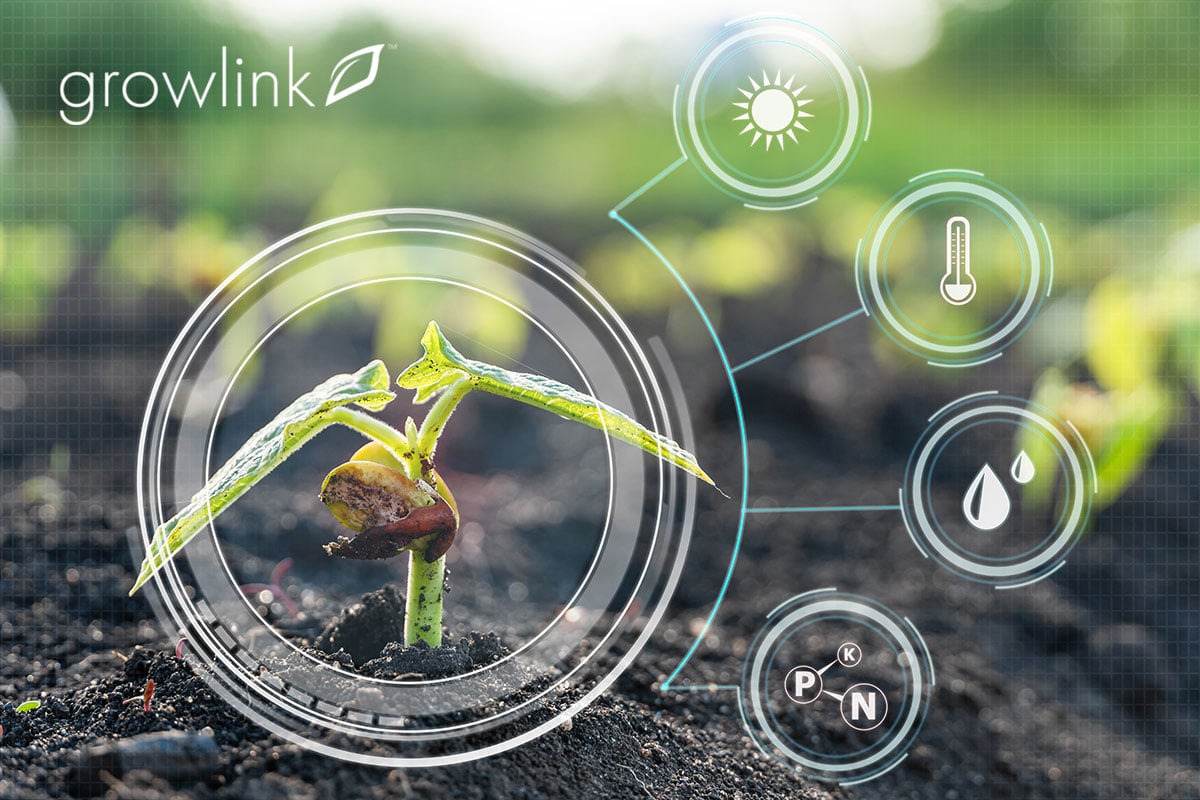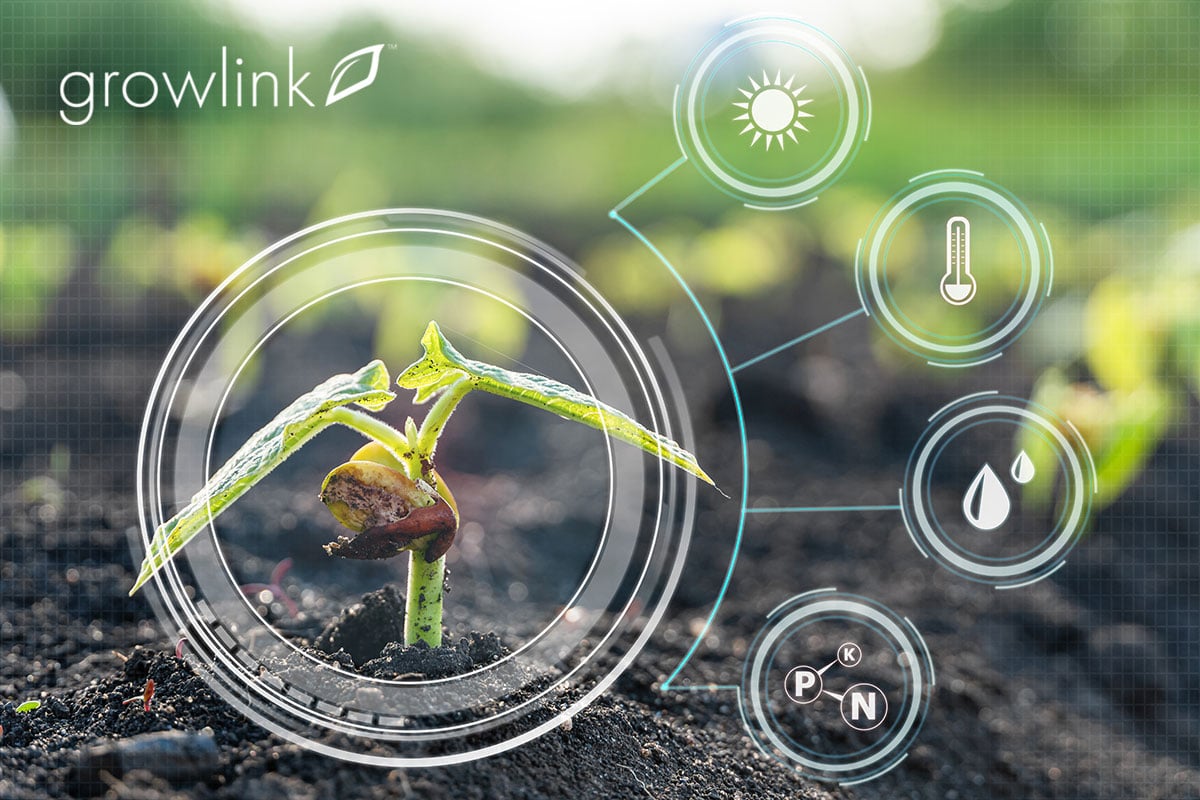2 min read
Unleashing the Potential of Data for Sustainable and Efficient Controlled Environment Agriculture
 Ted Tanner, CEO and Co-Founder
:
Updated on April 21, 2023
Ted Tanner, CEO and Co-Founder
:
Updated on April 21, 2023

Subtitle: Leveraging Cutting-Edge Technologies for a Greener and More Productive Future
Introduction:
At Growlink, we are passionate about utilizing the power of data to revolutionize the agricultural sector. Our mission is to empower farmers and agribusinesses with actionable insights that enable more efficient and sustainable farming practices. As the world's population continues to grow, we face the challenge of feeding an ever-increasing number of people, while also preserving our planet's precious natural resources. By harnessing the power of data, we can work together to achieve a more sustainable agricultural future.

The Role of Data in Modern Agriculture:
Data has become an invaluable tool in modern agriculture, providing insights that inform decision-making at every stage of the production process. By analyzing various types of data – from soil composition and weather patterns to crop health and market trends – farmers can make more informed decisions about crop selection, planting schedules, and resource allocation. This data-driven approach enables farmers to optimize their operations, increase crop yields, and reduce waste – all while minimizing their environmental footprint.
Precision Agriculture and IoT:
Precision agriculture, also known as smart farming, is a key component of sustainable farming practices. By leveraging the Internet of Things (IoT) and other cutting-edge technologies, precision agriculture allows farmers to collect, analyze, and utilize real-time data to make more informed decisions. IoT-enabled devices – such as soil moisture sensors, weather stations, and drone-mounted cameras – can provide farmers with a wealth of information about their crops and fields, enabling them to make more precise decisions about irrigation, fertilization, and pest management.
Machine Learning and Artificial Intelligence:
Machine learning and artificial intelligence (AI) are transforming the way farmers analyze and interpret data. By applying advanced algorithms to vast amounts of agricultural data, AI can identify patterns and trends that would be impossible for humans to discern. This allows farmers to make more accurate predictions about crop yields, disease outbreaks, and other factors that impact agricultural productivity. By embracing AI-driven technologies, farmers can optimize their operations, increase efficiency, and reduce waste – all while conserving precious natural resources.
The Benefits of Data-Driven Agriculture:
Harnessing the power of data in agriculture has numerous benefits, both for individual farmers and for the broader agricultural sector. These benefits include:
- Increased crop yields: By making more informed decisions about crop selection, planting schedules, and resource allocation, farmers can significantly increase their crop yields and overall productivity.
- Reduced waste: Data-driven agriculture enables farmers to use resources – such as water, fertilizer, and pesticides – more efficiently, reducing waste and minimizing environmental impact.
- Improved resilience: By analyzing data on weather patterns, soil composition, and crop health, farmers can identify potential risks and take proactive steps to mitigate them, increasing the resilience of their operations in the face of climate change and other challenges.
Enhanced sustainability: By optimizing resource use and reducing waste, data-driven agriculture contributes to a more sustainable food system, helping to preserve our planet's precious natural resources for future generations.
Conclusion:
At Growlink, we are committed to harnessing the power of data to drive a more efficient and sustainable future for agriculture. By embracing cutting-edge technologies – from IoT and precision agriculture to machine learning and AI – we can work together to transform the agricultural sector, increase global food security, and protect our planet for generations to come.